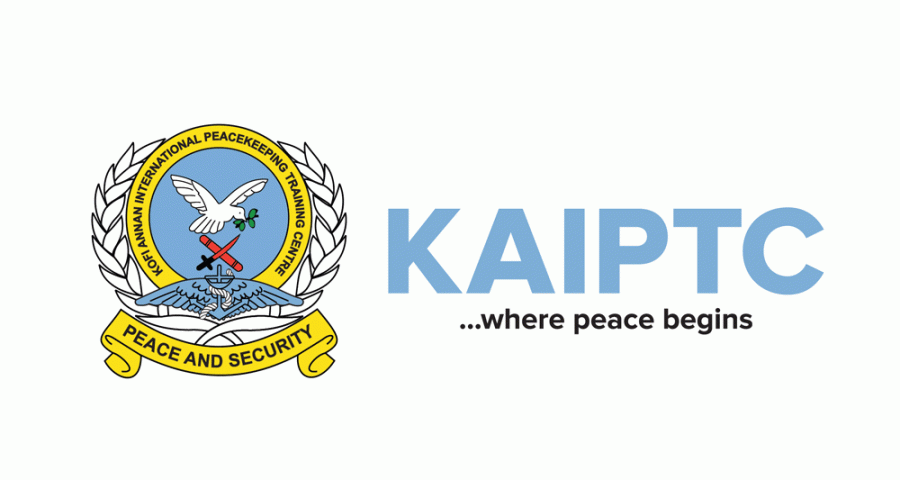Expensive poverty :why aid fails and how it can work / Greg Mills.
Material type: TextPublisher: Johannesburg : Picador Africa, 2021Description: xxiv, 429 p. : ill. maps ; 24 cmContent type:
TextPublisher: Johannesburg : Picador Africa, 2021Description: xxiv, 429 p. : ill. maps ; 24 cmContent type: - text
- unmediated
- volume
- 9781770107373
- HC800.Z9 M63
| Item type | Current library | Call number | Status | Date due | Barcode | |
|---|---|---|---|---|---|---|
 Books
Books
|
KAIPTC General Stacks | HC800.Z9 M63 (Browse shelf(Opens below)) | Available (Restricted Access) | 31307100033317 | ||
 Books
Books
|
KAIPTC General Stacks | HC800.Z9 M63 (Browse shelf(Opens below)) | Available | 31307100033374 | ||
 Books
Books
|
KAIPTC General Stacks | HC800.Z9 M63 (Browse shelf(Opens below)) | Available | 31307100033432 | ||
 Books
Books
|
KAIPTC General Stacks | HC800.Z9 M63 (Browse shelf(Opens below)) | Available | 31307100033499 | ||
 Books
Books
|
KAIPTC General Stacks | HC800.Z9 M63 (Browse shelf(Opens below)) | Available | 31307100033556 | ||
 Books
Books
|
KAIPTC General Stacks | HC800.Z9 M63 (Browse shelf(Opens below)) | Available | 31307100033325 | ||
 Books
Books
|
KAIPTC General Stacks | HC800.Z9 M63 (Browse shelf(Opens below)) | Available | 31307100033382 | ||
 Books
Books
|
KAIPTC General Stacks | HC800.Z9 M63 (Browse shelf(Opens below)) | Available | 31307100033440 | ||
 Books
Books
|
KAIPTC General Stacks | HC800.Z9 M63 (Browse shelf(Opens below)) | Available | 31307100033507 |
Browsing KAIPTC shelves, Shelving location: General Stacks Close shelf browser (Hides shelf browser)
| HC800.Z9 M63 Expensive poverty :why aid fails and how it can work / | HC800.Z9 M63 Expensive poverty :why aid fails and how it can work / | HC800.Z9 M63 Expensive poverty :why aid fails and how it can work / | HC800.Z9 M63 Expensive poverty :why aid fails and how it can work / | HC800.Z9 M63 Expensive poverty :why aid fails and how it can work / | HC800.Z9 M63 Expensive poverty :why aid fails and how it can work / | HC800.Z9 M63 Expensive poverty :why aid fails and how it can work / |
Includes bibliographical references (pages 394-413) and index.
Introduction: the dilemmas of aid -- The state of aid -- The strategic imperative -- The advisory business -- Making peace -- Delivering military assistance -- Building economies amidst conflict -- Conditionality and ownership -- Dreams of a Marshall plan -- Addressing the infrastructure deficit -- Different models, more success? -- Conclusion: aid as a great disruptor -- Don't pay the oppressor.
"Africa has received $1.2 trillion in development assistance since 1990. Even though donors have spent more than $1000 per person over these 30 years, the average income of sub-Saharan Africans has increased by just $350. The continent has very little to show for this money, some of which has been consumed by the donors themselves, much of it by local governments and elites. There must be a better way to address the poverty pandemic. Expensive Poverty is focused on answering the trillion-dollar question: why have decades of spending had such a small impact on improving the lives of the poor? Whatever the area of aid expenditure - humanitarian, governance, military, development - the overall intention should be the same: to try to reach the point that aid is no longer necessary."--Publisher's description
There are no comments on this title.
